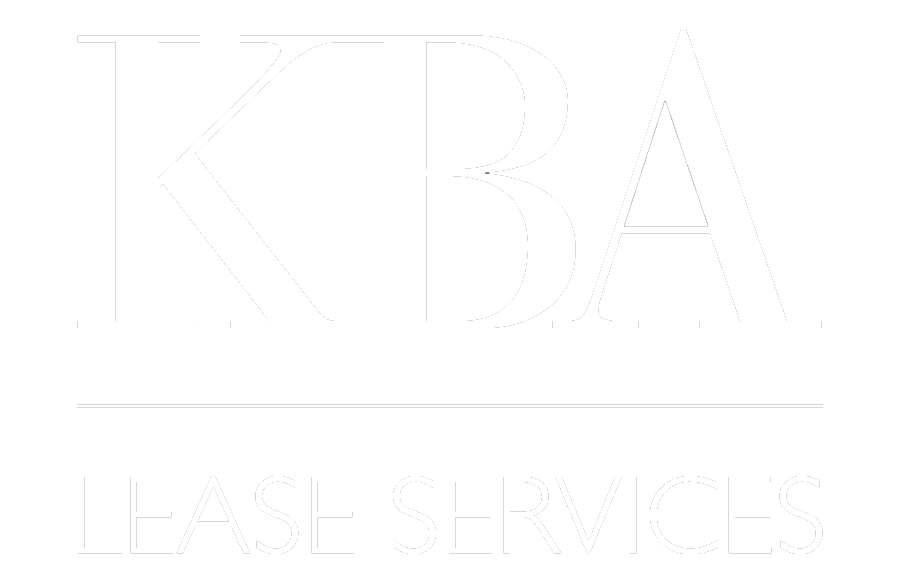Why you need to comb through your leases’ Operating Expense bills Gone are the days when tenants could comfortably rely on their landlords to follow the leases when billing ancillary charges such as operating expenses, taxes and sundry charges. In fact, as the real estate market has softened, landlords are devoting more time and resources […]
Your Landlord is Getting Over on You
It’s the end of April, and you should have received your operating expense and tax reconciliations from 2011. But you face a problem: the receipt of these statements starts the clock on when you must notify your landlord of errors. If you don’t, your statements are “deemed” conclusive and binding, regardless of how blatant or obvious errors may be.
This article will show you how to deal with this costly restriction and to avoid it in the future.
Size Matters!
The single-most important factor in determining how much rent a tenant has to pay is the size of the rentable area being leased. Yet, at the same time, one of the most confusing topics in commercial real estate is how to determine that size. That’s because measurement standards vary from market to market and most […]
Uh Oh! Your Building Was Sold and You Have a New Landlord. Now What?
A Different Sort of “Change Management” If you’re working in the 21st century, you are constantly dealing with a variety of “change management” scenarios – some internally driven by larger strategic concerns, others due to externalities. However, there is a good chance you’ve never thought much of this topic – how the sale of a […]
Bringing the Field to the Desk: Lease Audits in a Digital Age
If you have ever been involved with an on-site lease audit of a landlord’s books and records, you would know that landlords hate them. With the widespread use of digitized record-keeping, many landlords are opting to send such records to their tenants electronically. This article discusses the benefits and limitations of sharing digital copies of Operating Expense/CAM records, and suggests sample lease language for that purpose.
Negotiating Lease Audit Rights
Much time and effort is spent negotiating and drafting operating expense, utility, tax, insurance and other similar clauses in a lease. Yet, despite all of the “points” that tenants may win during the negotiation process, they frequently agree to restrictions on their ability to enforce these provisions. This article explores the methods landlords often use to limit audit rights, and the ways in which tenants can protect themselves. As long as leases contain complex financial terms, there remains a need for tenants to check that their landlords are complying with these terms.
Why All Lease Abstracts are Wrong!
If you think about it, every abstract is, by its very nature, wrong. It is an inherently incomplete picture of the rights and obligations of the underlying documents. As any attorney will tell you, documents speak for themselves. The minute you change, summarize, abridge, characterize or otherwise alter the words, you change the meaning. That’s
